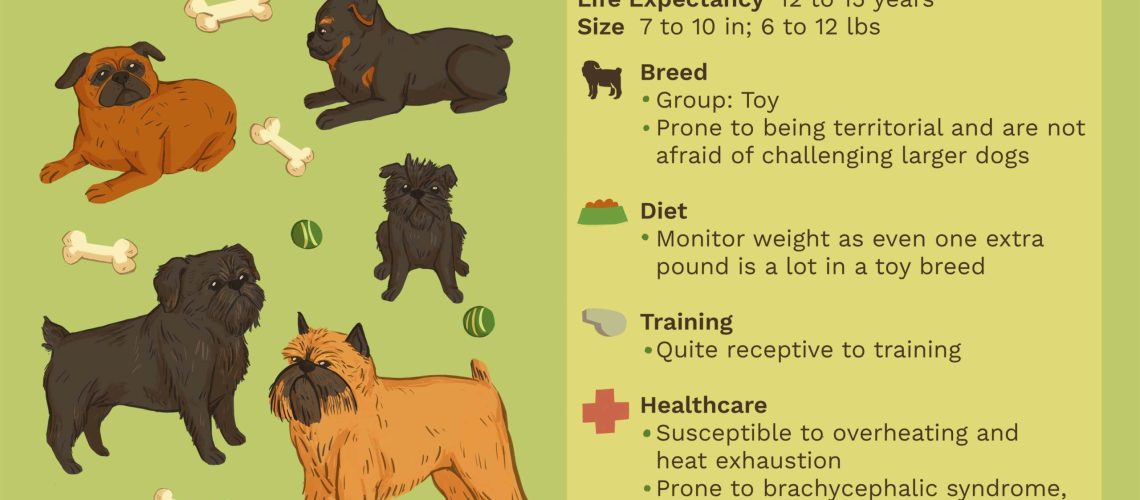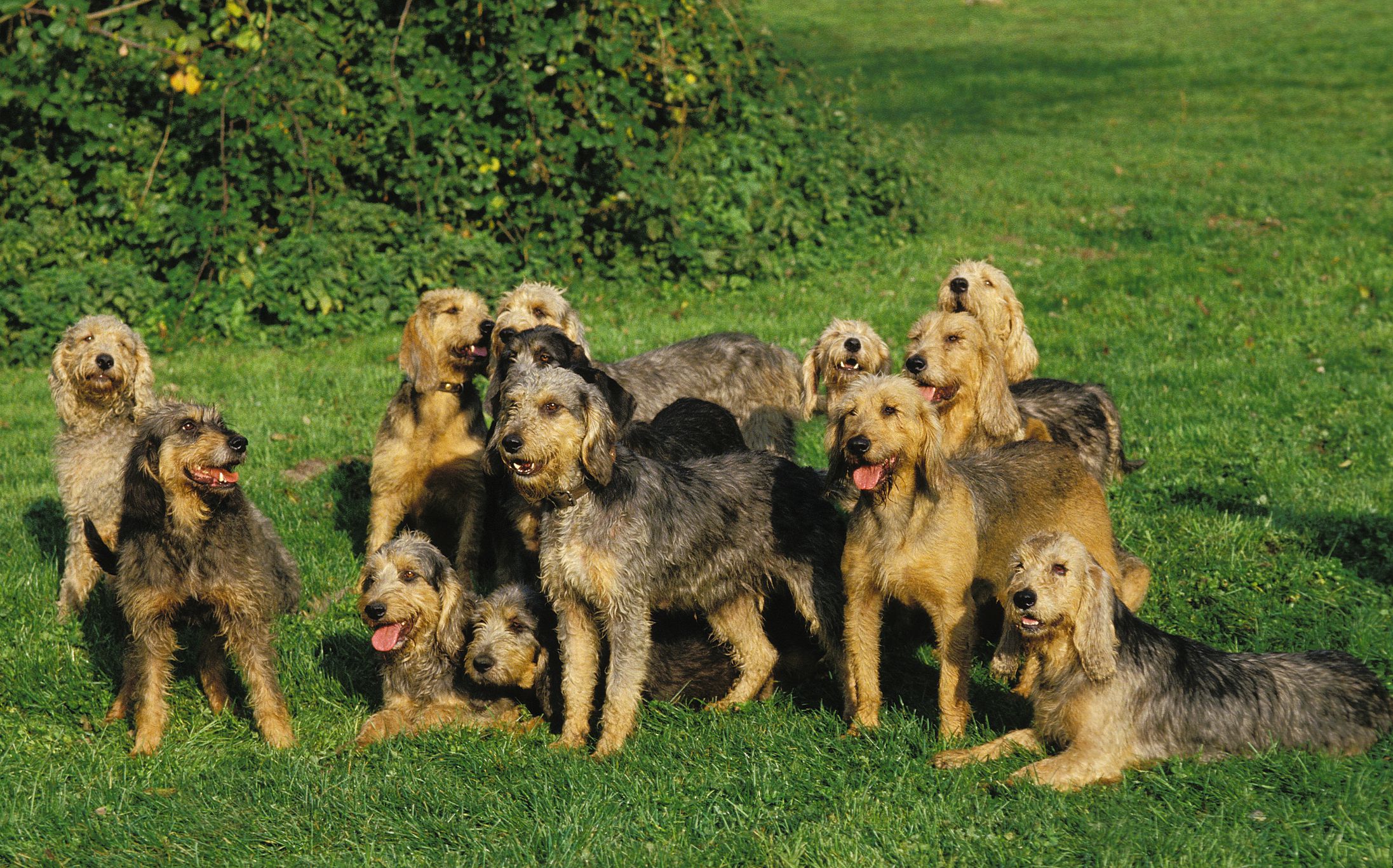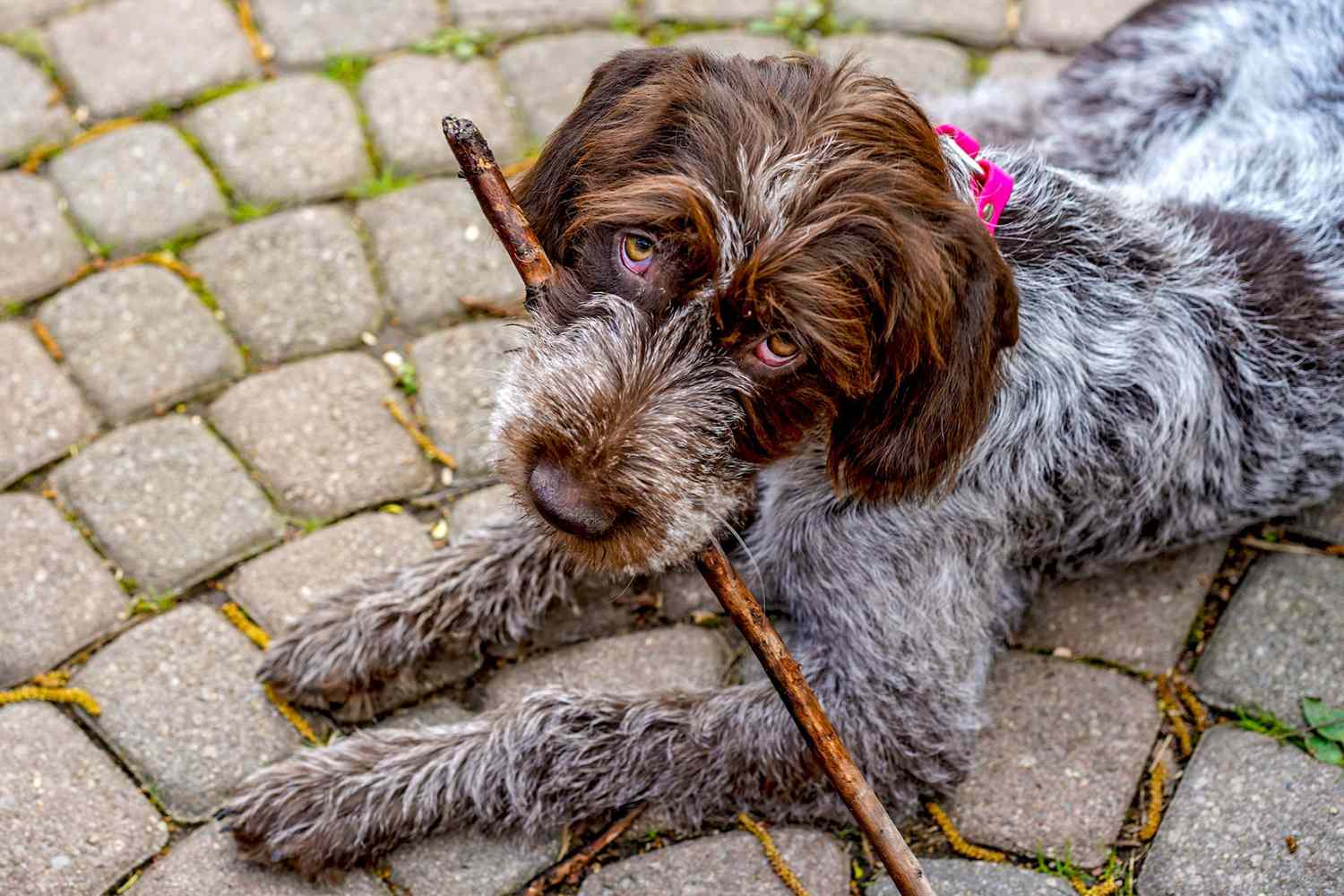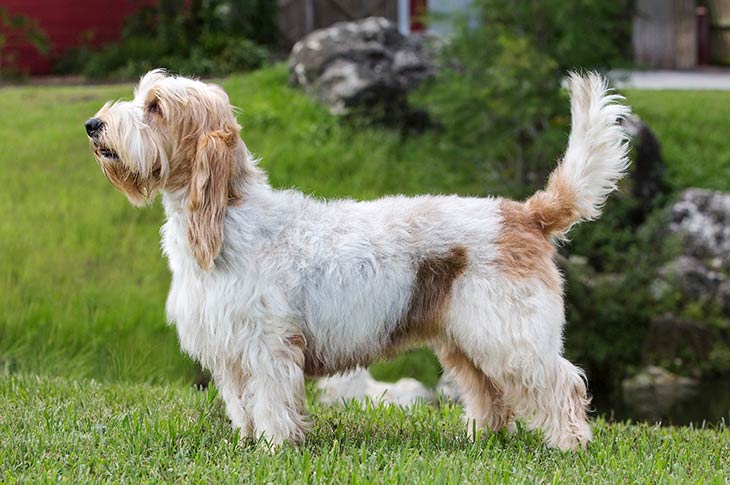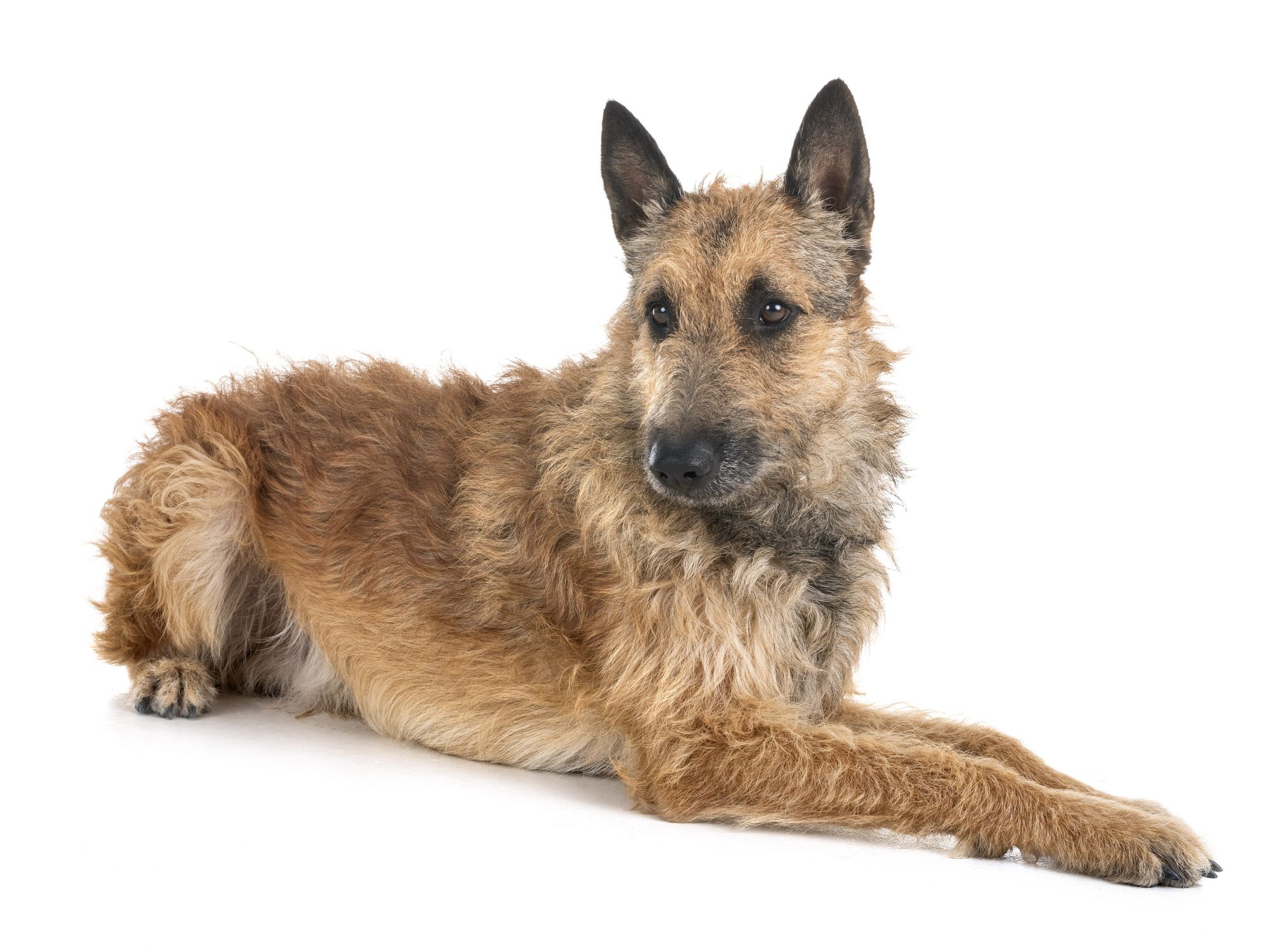Key Takeaways:
- Brussels Griffons, also known as Griff, are small dog breeds known for their distinctive appearance and expressive eyes.
- They are highly affectionate and make excellent companions, but they can be stubborn and require consistent training and socialization.
- Griffs have a moderate energy level and need daily exercise to prevent weight gain. They enjoy short walks and interactive playtime.
- Due to their short snouts, Brussels Griffons may experience respiratory issues and are sensitive to extreme temperatures. They require a comfortable living environment.
- Grooming is essential for Griffs as they have a rough or smooth coat that requires regular brushing to prevent matting. They may also need professional grooming every few months.
Are you ready to embark on a journey into the world of Brussels Griffons, also known as Griff? These adorable little dogs may be small in size, but they are big on personality and charm. By exploring the characteristics and care of this unique dog breed, you will gain valuable insights that can enhance your understanding and appreciation for these furry companions. Whether you're a current Griff owner or simply curious about these delightful dogs, delving into this subject will provide you with a wealth of knowledge that can enrich your relationship with your four-legged friend. So let's dive in and discover the fascinating world of Brussels Griffons!
What is a Brussels Griffon and what makes it unique?
A Brussels Griffon is a small dog breed that originated in Belgium. It is known for its distinctive appearance, with a cute and expressive face. The breed comes in two varieties: the rough coat and the smooth coat. The rough coat has wiry hair, while the smooth coat has short and glossy hair.
What makes the Brussels Griffon unique is its personality. These dogs are often described as intelligent, alert, and affectionate. They form strong bonds with their owners and are known to be loyal companions. Despite their small size, Brussels Griffons have a big personality and are not afraid to show it.
Appearance of a Brussels Griffon
The Brussels Griffon has a compact body with a sturdy build. It has a short muzzle, large round eyes, and prominent eyebrows that give it an almost human-like expression. The ears can be either cropped or left natural, depending on the preference of the owner.
Rough Coat vs Smooth Coat
The rough coat variety of the Brussels Griffon has longer hair that forms a beard around its face. The smooth coat variety, on the other hand, has shorter hair that requires less grooming. Both varieties come in different colors such as red, black, or tan.
Personality Traits of a Brussels Griffon
- Loyal: A Brussels Griffon will form strong bonds with its owner and will always be by their side.
- Affectionate: These dogs love to cuddle and enjoy being close to their owners.
- Curious: Brussels Griffons have a curious nature and like to explore their surroundings.
- Intelligent: They are quick learners and can be trained to perform various tricks and commands.
- Alert: Brussels Griffons make excellent watchdogs as they are always aware of their surroundings.
Overall, the Brussels Griffon is a unique and lovable breed that brings joy and companionship to its owners.
Grooming and exercise tips for caring for a Brussels Griffon
Regular Grooming
To keep your Brussels Griffon looking their best, regular grooming is essential. Their wiry coat requires brushing at least twice a week to prevent matting and tangling. Use a slicker brush or comb specifically designed for wire-haired dogs. Additionally, their facial hair should be cleaned daily to avoid eye infections. Trim their nails regularly, as long nails can cause discomfort and affect their ability to walk properly.
Exercise Needs
Despite their small size, Brussels Griffons have moderate exercise needs. Daily walks or play sessions in a securely fenced yard are important to keep them physically fit and mentally stimulated. They enjoy interactive games like fetch or hide-and-seek, which can help burn off excess energy. However, be cautious not to overexert them in hot weather due to their short snouts, which can make breathing difficult.
Tips:
- Use a slicker brush or comb designed for wire-haired dogs.
- Clean their facial hair daily to prevent eye infections.
- Trim their nails regularly.
- Provide daily exercise through walks or play sessions.
- Be cautious of hot weather due to breathing difficulties.
Understanding the temperament of a Brussels Griffon and how it interacts with owners
Brussels Griffons are known for their lively and affectionate nature. They form strong bonds with their owners and thrive on companionship. These dogs are often described as "velcro dogs" because they love being close to their humans at all times. They enjoy cuddling on laps and will follow you from room to room.
However, Brussels Griffons can also be independent and stubborn at times. It's important to establish yourself as the pack leader through consistent training and positive reinforcement techniques. Despite their small size, they may try to assert dominance if not properly trained. With patience and consistency, you can develop a strong and loving bond with your Brussels Griffon.
Tips:
- Brussels Griffons are affectionate and thrive on companionship.
- They enjoy being close to their owners and cuddling on laps.
- Establish yourself as the pack leader through consistent training.
- Use positive reinforcement techniques to encourage desired behaviors.
- Be patient and consistent in training to build a strong bond.
Common health issues in Brussels Griffons and how to prevent/manage them
Brussels Griffons are generally healthy dogs, but like any breed, they may be prone to certain health issues. One common problem is brachycephalic airway syndrome, which affects their breathing due to their short snouts. It's important to keep them in a well-ventilated environment and avoid strenuous exercise in hot weather.
Another issue is patellar luxation, where the kneecap slips out of place. Regular exercise and maintaining a healthy weight can help prevent this condition. Additionally, dental problems such as tooth decay or gum disease can occur, so regular teeth brushing is crucial.
Regular veterinary check-ups are essential for early detection of any potential health issues. Vaccinations, parasite prevention, and a balanced diet are also important aspects of maintaining your Brussels Griffon's overall health.
Tips:
- Keep Brussels Griffons in well-ventilated environments due to breathing difficulties.
- Avoid strenuous exercise in hot weather.
- Maintain a healthy weight through regular exercise.
- Brush their teeth regularly to prevent dental problems.
- Schedule regular veterinary check-ups for early detection of health issues.
Are Brussels Griffons good with children and other pets?
Brussels Griffons can get along well with children and other pets when properly socialized from an early age. However, due to their small size, they may be more suitable for families with older children who understand how to handle them gently. Supervision is crucial when introducing them to younger children to prevent accidental injuries.
When it comes to other pets, Brussels Griffons can generally coexist peacefully. Early socialization and gradual introductions are key to ensuring a harmonious relationship. However, some Brussels Griffons may have a strong prey drive towards smaller animals, so caution should be exercised when introducing them to small pets like birds or rodents.
Tips:
- Socialize Brussels Griffons with children from an early age.
- Supervise interactions between younger children and the dog.
- Gradually introduce Brussels Griffons to other pets.
- Exercise caution when introducing them to small pets due to prey drive.
Training a Brussels Griffon: Tips for teaching basic commands
Training a Brussels Griffon can be an enjoyable experience if approached with patience and positive reinforcement techniques. These dogs are intelligent but can also be stubborn, so consistency is key.
Start with basic commands such as sit, stay, and come. Use treats or praise as rewards for desired behaviors. Keep training sessions short and fun to maintain their interest. Positive reinforcement will motivate them to learn and respond well.
It's important not to use harsh punishment or forceful methods as this can lead to fear or aggression in these sensitive dogs. Instead, focus on positive reinforcement and redirecting unwanted behaviors towards more appropriate ones.
Tips:
- Approach training with patience and consistency.
- Start with basic commands using treats or praise as rewards.
- Keep training sessions short and fun.
- Avoid harsh punishment or forceful methods.
- Use positive reinforcement techniques and redirect unwanted behaviors.
Activities and toys to keep a Brussels Griffon mentally stimulated and entertained
Brussels Griffons are intelligent dogs that require mental stimulation to prevent boredom and destructive behaviors. Engaging them in various activities and providing interactive toys can keep their minds sharp and entertained.
Puzzle toys, where treats are hidden inside, can challenge their problem-solving skills. Interactive games like hide-and-seek or teaching them new tricks can also provide mental stimulation. Additionally, agility training or participating in dog sports such as obedience or rally can keep them mentally engaged.
Regularly rotating their toys and introducing new ones will help maintain their interest. It's important to supervise playtime to ensure they don't accidentally swallow small parts of toys.
Tips:
- Provide puzzle toys to challenge problem-solving skills.
- Engage in interactive games like hide-and-seek.
- Teach them new tricks for mental stimulation.
- Consider agility training or participating in dog sports.
- Rotate toys regularly and supervise playtime.
In conclusion, the Brussels Griffon is a small and affectionate dog breed known for its unique appearance and lively personality. With proper care and attention, they can make wonderful companions for families or individuals looking for a loving and loyal pet.
What issues do Griffon dogs have?
Griffs are typically in good health, and breeders who are responsible make sure to examine their dogs for various health issues, including heart problems, eye defects like cataracts, and orthopedic problems like patella luxation and hip dysplasia.
Is a Brussels Griffon a good pet?
The Brussels griffon is a small and smart dog that is suitable for living in apartments or homes with small yards. They are friendly towards other dogs and cats. However, if not trained properly, this breed can bark excessively.
Is a Griffon a good family dog?
Yes, Brussels Griffons generally thrive in households that have children, other dogs, or cats. However, due to their sensitive nature, it is advised to supervise them when very young children are present.
Are Brussels Griffon high maintenance?
It is suggested to have professional grooming for Brussels Griffons every 3-4 times a year. These dogs often have dental issues, so it is important to brush their teeth at least three times a week. They are well suited for living in apartments and require daily walks and regular indoor playtime.
Are Griffons aggressive?
It is unlikely that they will show aggression towards strangers, but it is still possible if they have not been properly socialized. They are loyal to their family and prefer to stay close to them at all times. Griffons are intelligent and can be easily trained.
Do Brussels Griffon have separation anxiety?
Furthermore, dogs are social animals that live in packs, and they can experience separation anxiety when left alone. Certain breeds, such as Brussels Griffon, are more attached to their owner and may become more anxious when separated from them.



